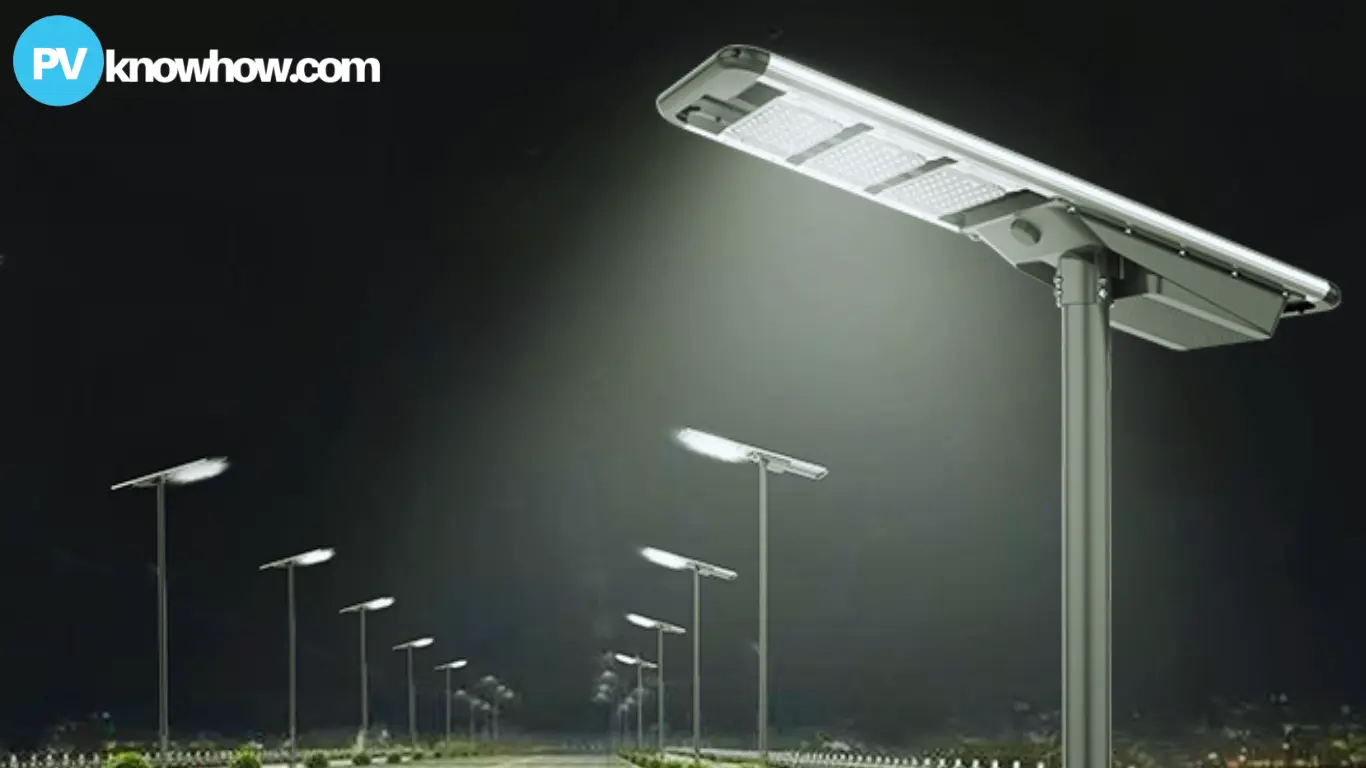Abia State has installed over 4,500 solar street lights as part of the Light up Abia programme to improve safety and aesthetics. The street lights have been placed in key areas: including Umuahia and Aba, with plans to expand across the entire state.
Solar Street Lights: A Solution for Better Security
Abia State is getting brighter at night, thanks to the installation of over 4,500 solar street lights. The Commissioner for Information, Prince Okey Kanu, made this announcement during a press briefing following the State Executive Council meeting. He confirmed that the state's ambitious Light up Abia programme is fully on course and that solar street lights have already been installed in key areas.

Solar street lights
The project — aimed at enhancing both safety and aesthetics — has seen solar street lights placed in Umuahia and Aba, the state's commercial hub. Kanu assured the public that this initiative would eventually cover all parts of Abia State, bringing light to every corner.
The primary objective of installing solar street lights in Abia State is to improve security. By illuminating streets and roads, the government aims to deter criminal activity — which often thrives in darkness. "With the installation of these solar street lights, criminals will no longer have the cover of darkness to carry out their illegal activities," Kanu explained.
Boosting Abia's Economy with Solar Power
In addition to improving security, street lights are also expected to have a positive economic impact. Prince Okey Kanu mentioned that the project is part of the state's plan to create a 24-hour economy in urban areas like Umuahia and Aba.
"The goal is to extend business hours well into the night, allowing shops and businesses to operate round the clock," he said. With adequate lighting, businesses will be more willing to stay open late, creating more jobs and boosting the local economy.
Solar street lights will also reduce the state’s reliance on traditional power sources, which are often unreliable. By using solar energy — a clean and renewable resource — the state is ensuring that the lights will continue to work even during power outages. This creates a more stable environment for both businesses and residents.
Abia's Role in the Nigeria Solar for Health Programme
In addition to the Light up Abia programme, the state has been selected to participate in the Nigeria Solar for Health Programme (NISHP). This programme — funded by the European Union (EU) — aims to provide uninterrupted power supply to healthcare facilities across five pilot states, including Abia. The EU has pledged €12.1 million ($13.28 million) for the project, which will run from 2024 to 2027.
Kanu expressed excitement about Abia’s inclusion in the NISHP, noting that it will greatly benefit the state’s healthcare system. However, he did not disclose the specific healthcare facilities chosen for the project. The solar power provided by NISHP is expected to ensure that hospitals and clinics in participating states have a reliable source of energy, improving medical services and patient care.
Solar Energy Improving Healthcare Delivery
The NISHP is part of a larger effort to improve Nigeria’s healthcare system by using clean energy solutions like solar power. The steering committee for the programme was launched in Abuja in July. It includes representatives from the Ministry of Power, the Ministry of Health, the EU, and the Rural Electricity Agency of Nigeria (REAN).
The EU’s investment in Nigeria’s energy sector is not limited to healthcare. Earlier this year, the EU announced an almost $40 million investment, focusing on both hydropower and solar energy. These projects are geared toward improving essential services like healthcare across the country.
As the project continues to expand, Abia is set to become a model for other states in Nigeria, demonstrating the many benefits of transitioning to solar power. Solar street lights are just the beginning of a brighter and more sustainable future for Abia State.
